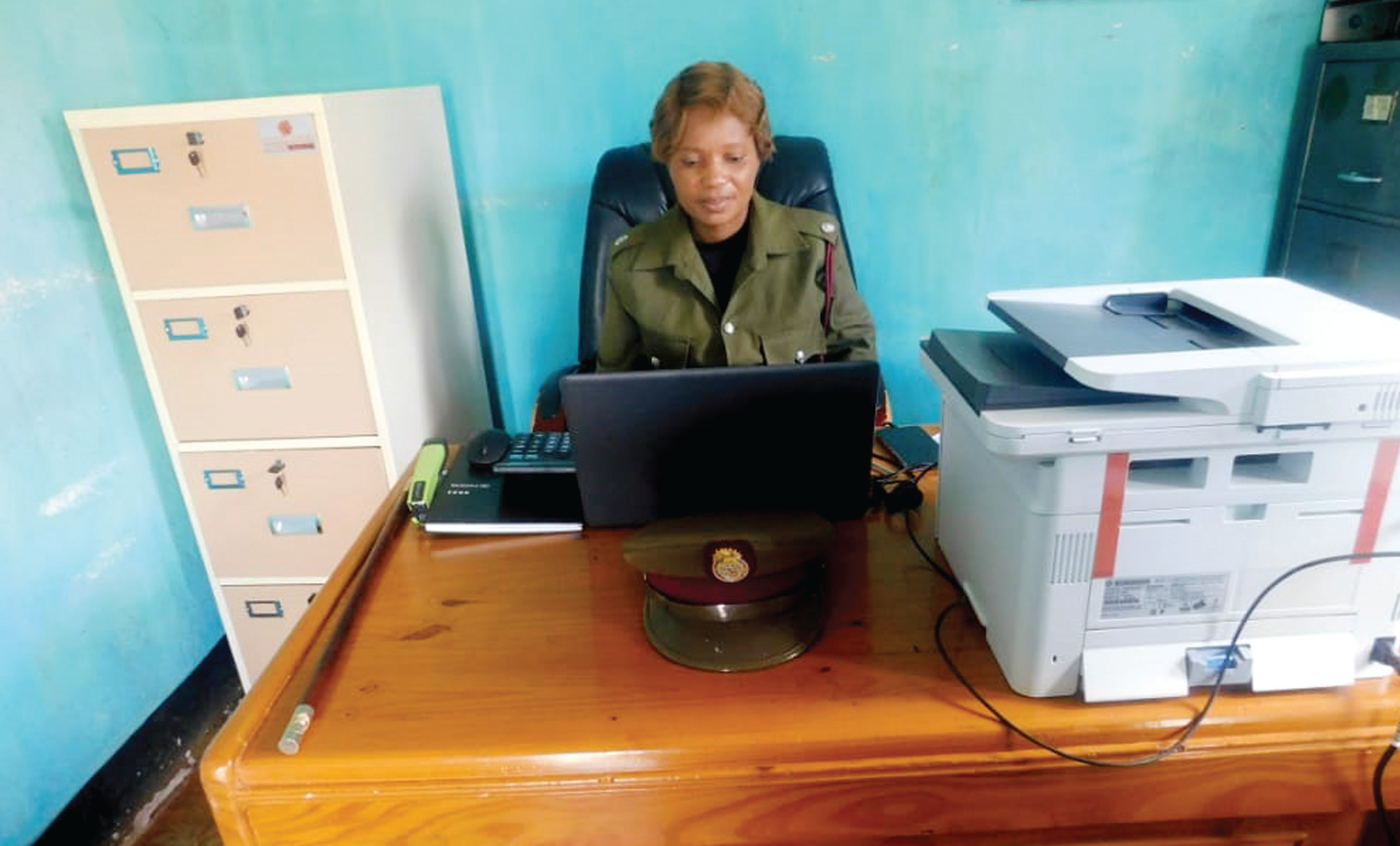Why most men rarely apologise

It is not new to hear a woman ask as to why her husband or boyfriend rarely acknowledges that he is in the wrong. It is a cause for concern as most women find this habit unbecoming. Our guest writer, ROBERT CHENDA-MKANDAWIRE explores this issue.
In many relationship conflicts, apology and forgiveness are essential for reconciliation and conflict resolution. A normal relationship is based on mutual acceptance and trust and couples have to work hard to sustain it. One way to having a healthy relationship is for both spouses to admit mistakes, own them, seek forgiveness from the wronged spouse and ensure that the mishap doesn’t happen again.
However in reality, as most couples might have realised, giving an apology is often a difficult step, as it requires acknowledging guilt. History, research and experience show that most men find it hard to say the word ‘sorry’ to their wives and girlfriends–and women don’t understand why. But a woman first needs to understand why he can’t or won’t apologise. In this article, we shall explore the reasons why some men can’t or won’t apologise.
Self-esteem and pride
Generally, men take pride in their sense of self-worth and value–the man’s ego. Men safeguard their ego jealously and instinctively defend anything that would diminish or hurt their ego. If a person apologises, they basically is admitting that they have done something. Most men do not like to be seen as weak, losers or that they are in the wrong – they see it as a dent to their pride; it knocks their self-esteem. This may well mean that they won’t apologise – regardless of how much a partner wants them to. These types of men are more worried about bruising their pride than their partner’s feelings
Respect
Similar to the first, it is all about the image or perception which has significant cultural influence and it makes difficult for some men to say ‘sorry’ to their partners. In many cultures of the world, men were positioned to head families. That spirit was instilled even in young boys at an early age to prepare them for that leadership position in homes and communities.
Inherent in this culture, a woman is seen as man’s subject and subordinate. A man who appeared weak before the wife would be denigrated and called all sorts of names. It would not be unusual to hear people calling such men as being under “petticoat government”.
Issuing an apology or asking for forgiveness is treated as a sign of weakness or incompetence by some men. They think that an apology diminishes their self-respect, self worth and value. Unfortunately that cultural perception has been passed on from one generation to another and is very apparent even in modern generation
Lower threshold of offensive behaviour
Most men do not apologise because they think some offenses they commit do not warrant an apology. It’s all about perception. A few scientific studies have been conducted on the psychology of female versus male apologies.
A 2010 research report titled Why Women Apologise More Than Men- Gender Differences in Thresholds for Perceiving Offensive Behaviour, published by University of Waterloo, Canada, shows that men are less inclined to apologise because they have a different threshold for perceiving offensive behaviour. They don’t get it until their partners brings it to their attention.
Put simply, women feel there are more circumstances and situations that warrant an apology than men do. This explains why women more often would expect an apology for a specific offense. Biologically and physiologically, women are more emotional and nurturing by nature, the fact that they see more offenses as being worthy of an apology does make sense and is not a surprise!
Conclusion
The most important thing in a healthy relationship is ability by spouses to meet the most important emotional needs of each other. Misunderstandings and conflicts are inevitable in any relationship but what matters is how spouses resolve them. One way is to understand that men and women are different. Crucially that is important when it comes determining whether give or demand an apology.





